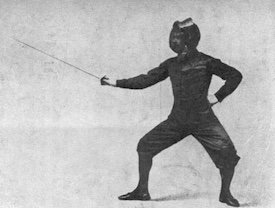Sgt. Ear Ache
100+ Head-Fier
Actually, even though the test was rather limited, I thought their results were interesting.....
Out of a bunch of participants, they did in fact find one listener who was reliably able to recognize the difference....
So they DID prove that the assertion that "nobody can reliably hear the difference" is UNTRUE after all.
(And the iTunes sales and marketing department will be very interested in the statistical data that most users could not.)
If we consider the results of that test to be valid, then I guess now we know that at least some people can hear the difference after all, and we can move on.
It should also be noted that they managed to find that listener with only a limited number of tests and a limited number of participants.
(If it were to turn out that 1/500 listeners could hear a difference - that would be a quarter of a million who can in the USA alone.)
lol, oh yes I knew you were going to like that.





















